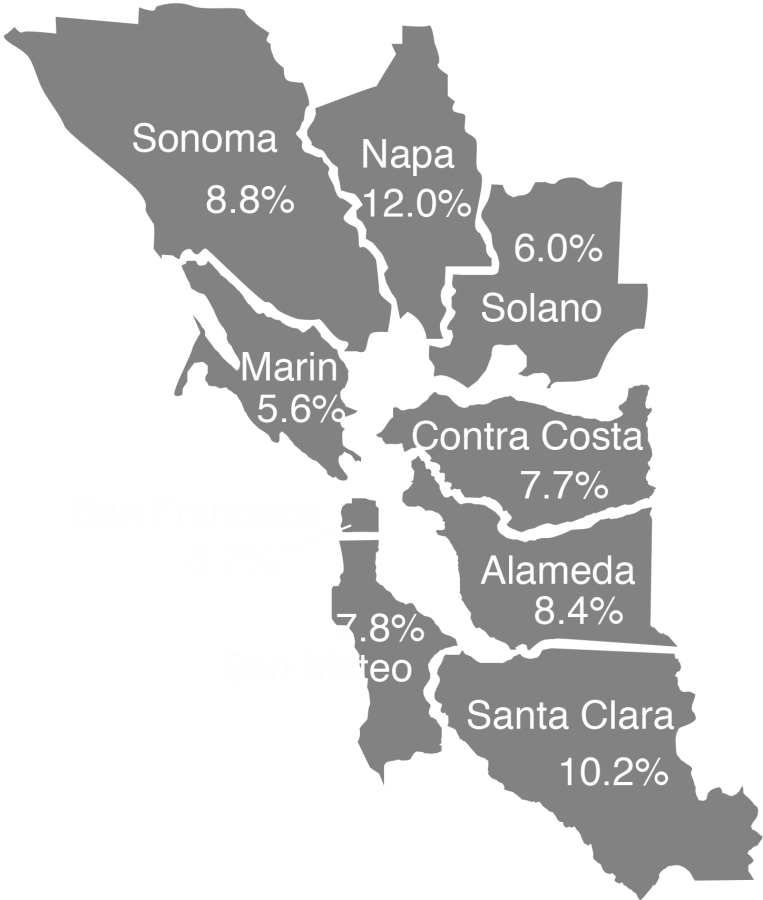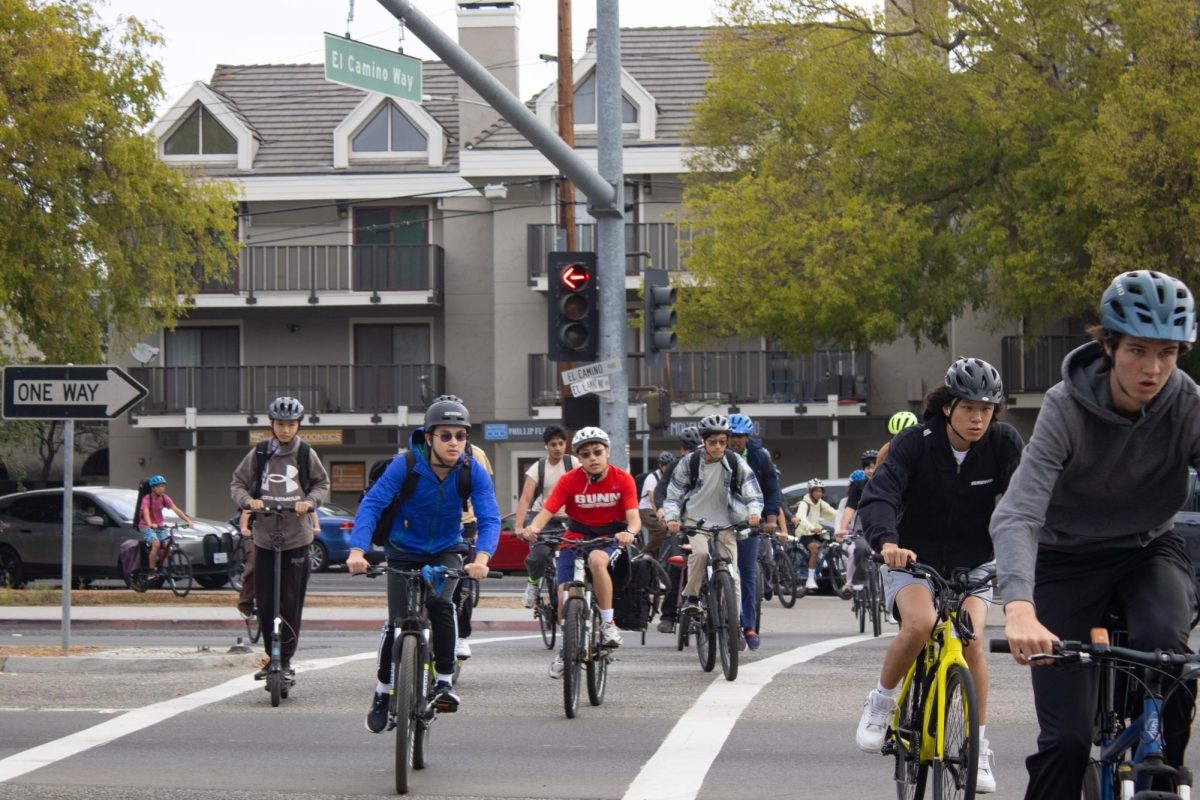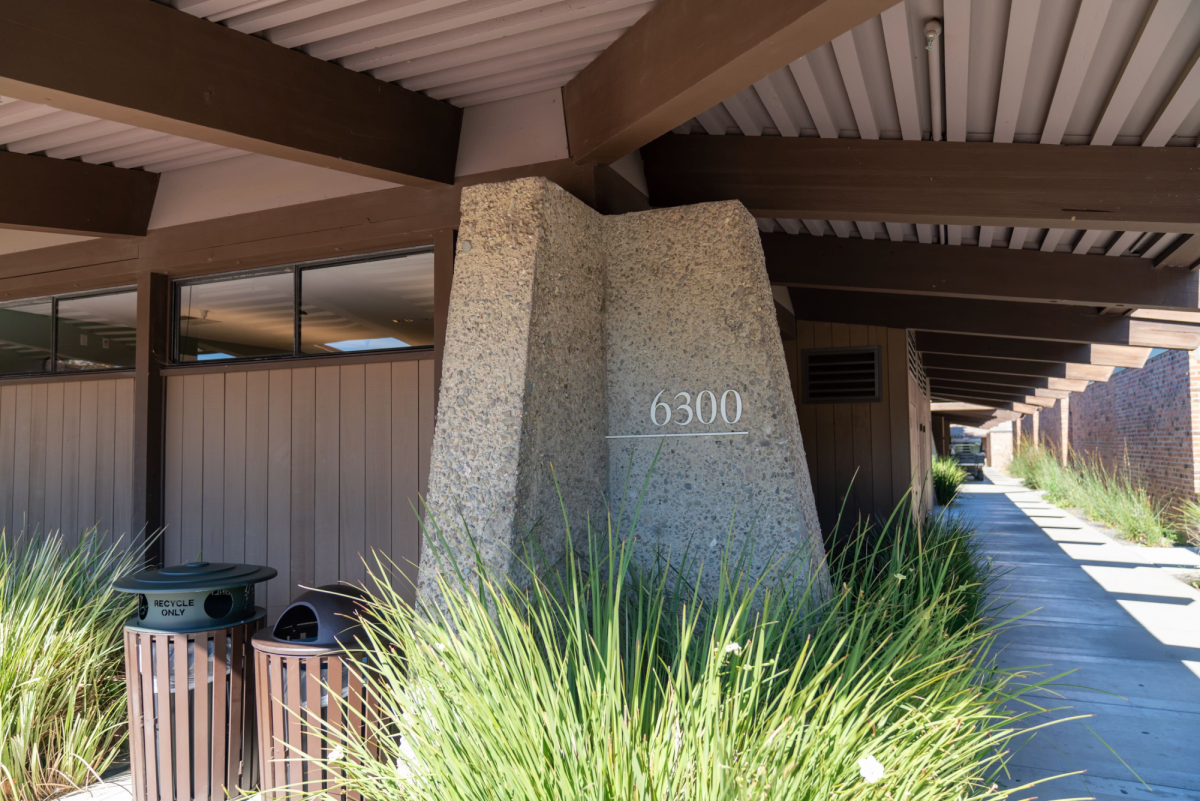Written By: Maya Rapoport
During the Palo Alto Unified Board of Education meeting on Jan. 10, the Board unanimously approved a resolution affirming support of undocumented students and families and making Palo Alto Unified School District (PAUSD) schools “sanctuary schools” for immigrants.
The resolution was approved two weeks before President Donald Trump signed executive orders to increase deportations of undocumented immigrants, begin construction of a wall on the US-Mexican border, increase border patrol and reduce funding to “sanctuary” cities, such as San Francisco, which have adopted a policy of protecting undocumented immigrants by not prosecuting them for violating federal immigration laws. According to Palo Alto Online, there are an estimated 142,000 undocumented immigrants living in Santa Clara County. On Jan. 28, Trump also barred refugees from Iran, Iraq, Syria, Sudan, Libya, Yemen and Somalia for the next 90 days and suspended the admission of all refugees for the next 120 days.
According to Board Member Melissa Baten-Caswell, she and Board President Terry Godfrey drafted the resolution to clarify board policy regarding students’ citizenship status. “Schools should be a protected place and we should offer sanctuary to students and staff who feel they are being threatened,” Baten-Caswell said. “It gives our community direction on what our values are, and reinforces our policies.”
The resolution states that teachers and administration should not voluntarily give out any student information to immigration officers and instead send immigration enforcement directly to the superintendent. Although this was an existing policy in PAUSD, the resolution emphasizes the district’s commitment to protecting and reassuring immigrant families.
“The purpose of the resolution is to set forth a very clear policy that the district will not cooperate with immigration enforcement beyond what we are required to by law,” Board Vice President Kenneth Dauber said. The board wants to maintain a safe learning environment for students who are worried about their immigration status.
Superintendent Dr. Max McGee believes the resolution is meaningful, especially after the recent executive orders focused on restricting immigrants. “It is important to let students and families know that we want to protect their rights and that every individual is important to us,” McGee said.
Principal Dr. Denise Herrmann fully supports the new resolution. “I do believe that every student who resides in Palo Alto should be educated regardless of their immigration status,” Herrmann said. “The more educated our whole community is, the more we’ll thrive.”
World Languages Instructional Supervisor Liz Matchett, who teaches classes to native Spanish speakers, expects that the resolution will make students feel safer at school. “Hopefully it is something students can fall back on and [talk to] teachers or counselors knowing that they are not going to report them,” Matchett said. “It is super important for adolescents to have that stability [and] know that they are not living in isolation and they do not have to live in fear.”
According to freshman Juliette Manuele, undocumented students can sometimes be afraid to come to school. “I think [the resolution] is good because now everyone feels safer,” she said. Manuele hopes the resolution will motivate undocumented teenagers to come to school. “Some of my friends are illegal, so I feel better knowing that they [are safe],” Manuele said.
During the meeting, Board members debated using the word “sanctuary” in the resolution. Board members Ted Collins and Ken Dauber argued that the word “sanctuary” may have a broader meaning than intended and could exaggerate the power of the board. Although the district will fully support undocumented students, they must obey the law. “I am concerned about over-promising to students and parents about what they can expect,” Dauber said during the board meeting.
After further debate, however, the board decided to include the word “sanctuary” in the resolution by writing that “PAUSD should be considered sanctuaries for students to the fullest extent allowed by law.” McGee believes including the word “sanctuary” conveys a powerful message. “Sanctuaries are symbols of safety. They are a place where one can find comfort, and that is what we want for our schools,” McGee said.
Herrmann also felt using the word “sanctuary” made the statement clearer to those affected by the resolution. “I appreciate that their intent was to use the strongest language possible without putting any student or the district in jeopardy,” Herrmann said.
According to Dauber, the resolution is meant to ease students’ anxiety over their immigration status. Dauber believes worrying about status can have a significant impact on a student’s academic achievements and mental health. “I think it can be very stressful for students who are worried about [deportation] or whether immigration status is going to affect them in terms of college admissions and their careers,” Dauber said.
Board member Melissa Baten-Caswell agrees that if students are worrying about their immigration status, it can keep them from focusing on school work and leading a healthy life. “It may create anxiety and make it very hard to talk about it with trusted adults,” Baten-Caswell said.
Board members hope the resolution will encourage students and staff to confront discrimination. “This statement should empower students to stand up when they hear people being threatened,” Baten-Caswell said.
Herrmann encourages students to watch out for insensitive jokes or offensive statements and reach out to others. “Students should be really thoughtful about what they are saying and make people feel included,” Herrmann said.
McGee believes students should stay involved and speak up for what they believe in. “It is really important to be politically active,” McGee said. “To make an impact, you need to have a voice.”





















